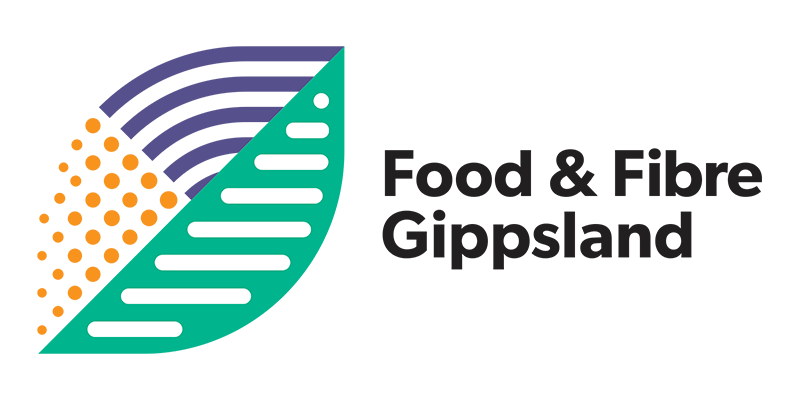US vegetable growers visit Gippsland
During February, VegNET played host to a group of growers from the USA, providing an opportunity for Gippsland food and fibre enterprises to showcase their operations.
Hailing from the states of Oregon, Idaho and Ohio, the fruit and vegetable growers, industry representatives and horticultural academics visited farms and production facilities in Gippsland and Shepparton, before a final stop at the Melbourne wholesale markets.
There were 16 delegates in the group, with more than half under the age of 30. All growers were from family farms, with a small number attending from national processing companies or resellers.
Horticultural methods and ideas were exchanged with growers and producers across our region, offering a valuable learning opportunity between visitor and host. Among the delegates’ destinations was Lake Glenmaggie, for a guided tour of the weir and an explanation of the Macalister irrigation system.
The imperial system of measurement used in the United States was no barrier for the travellers, as they quickly adapted to metric thinking. Mobile phones became useful tools for converting common units of temperature, volume and measurement, (e.g. gallons to gigalitres), while the interpretation of words with similar Australian meanings (for example, ditch vs channel) proved no hurdle to conversation.
The tour was organised by Assoc. Prof Ed Peachey from the University of Oregon, who previously visited Gippsland prior to the COVID-19 outbreak. Linking in with contacts established during his earlier trip, Assoc. Professor Peachey’s intention was to bring a group of US growers to Gippsland in 2020, only to be postponed by the pandemic.
Enabled by VegNET and with the Gippsland leg coordinated by Food & Fibre Gippsland’s extension officer Bonnie Dawson, the visit was able to proceed in February. Over a busy four days, the US delegation met with Gippsland vegetable growers, brewers, seed suppliers, irrigation experts, supply chain innovators and industry stakeholders, as they shared information and production methods relevant to our region.
The tour commenced by driving through the south-eastern suburbs of Melbourne to South Gippsland, traversing the Macalister Irrigation District, winding through the Lindenow Valley and further east to Orbost. The array of businesses the growers visited offered a regional snapshot of seed breeding and production; craft brewing; and vegetable growing for fresh produce, processing and packing.
Assoc. Prof Peachey knew that a trip to Victoria would not be complete without sampling the magnificent provenance of Gippsland, ensuring the visiting delegation experienced refreshments and meals that would help to make their visit something to remember. Local produce was enjoyed at award-winning venues The Long Paddock, Tinamba Hotel and Northern Ground, with other eateries across the region supplying hospitality during the delegates’ stay.
Other growers and industry members from Gippsland were invited to join one of two networking evenings with the visitors; the first one was held in Inverloch and the second in Bairnsdale. These evenings highlighted the importance of informal gatherings as an extension activity, to not only facilitate knowledge-sharing but also to provide a sense of belonging to the somewhat disparate vegetable industry across Gippsland. It’s hoped that more networking opportunities such as these will lead to greater retention of ‘fresh faces’ in the industry.
Following the Gippsland leg of their trip, the group headed over the hills to Shepparton to meet up with Bonnie’s VegNET Victoria counterpart Danielle Park, eventually finishing their tour at the Melbourne Wholesale Fruit, Vegetable and Flower Market.
Food & Fibre Gippsland would like to extend our appreciation to all those growers, producers, makers and hospitality venues who provided the visiting US delegation with a memorable Gippsland welcome.

